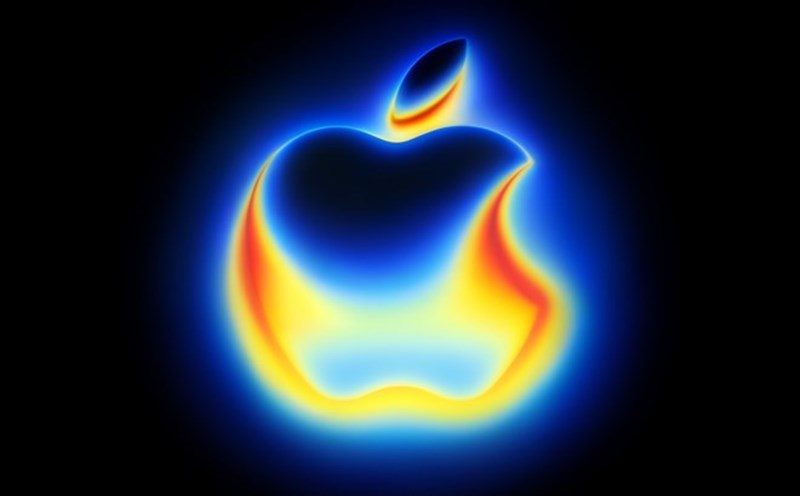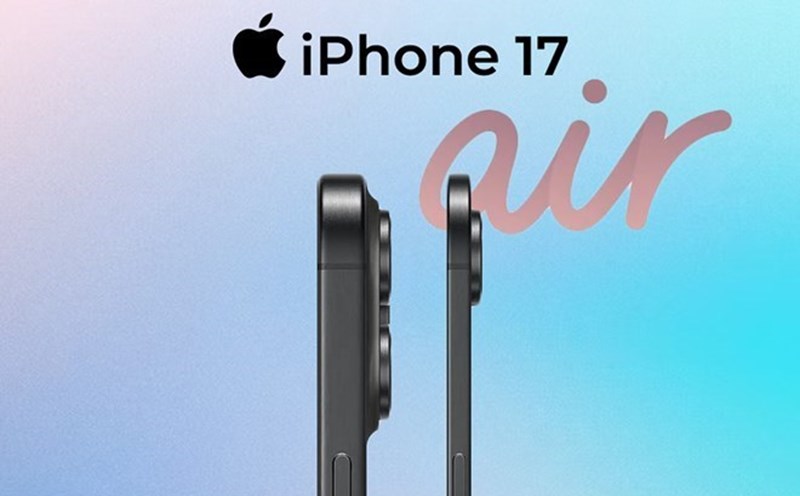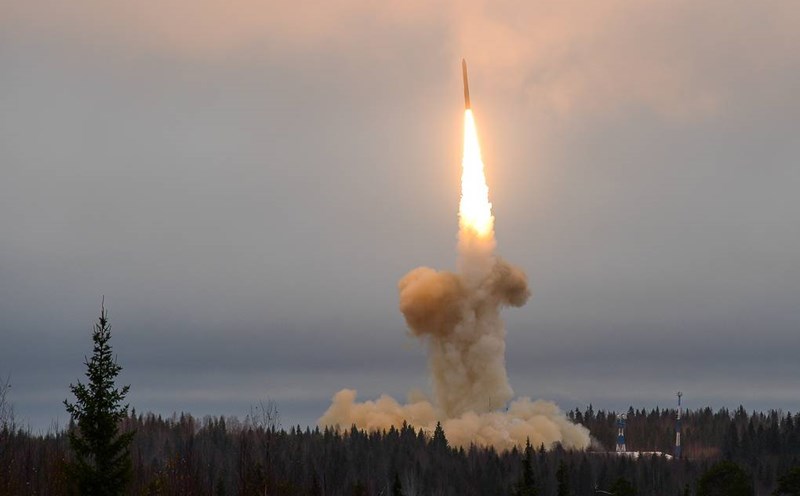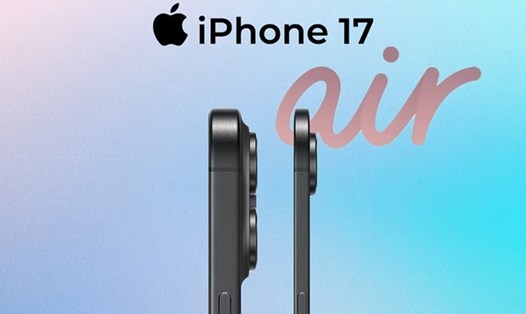Apple's September event this year brought the iPhone 17 and upgrades to AirPods and Apple Watch, but the biggest difference is not the product but the almost disappearance of artificial intelligence (AI).
In the 75-minute presentation, Apple spent most of its time talking about more powerful processing chips, better battery life, and improved gaming capabilities. CEO Tim Cook called the iPhone 17 "the biggest step forward ever for the iPhone".
However, as AI is the focus of the global technology industry, Apple has chosen a reserved approach.
Instead of showing off new AI tools to users, Apple emphasizes AI as a silent driving force for device operation.
The neural processor inside the iPhone chip is introduced to be able to handle heavy AI workloads, approaching the computing power of the MacBook Pro.
AI features are also integrated into AirPods, such as real-time translation, motion tracking and health data analysis.
Apple Watch uses an AI algorithm to research blood pressure trends, aiming to give early warnings of the risk of high blood pressure to millions of users after being approved by the FDA.
This approach is in contrast to the opponent. Google has made Gemini AI a focus of its Pixel 10 event, while Samsung turned AI into a star at its Galaxy launch earlier this year.
Apple has the opposite, positioning AI as a backdrop technology, rather than a promotional highlight.
In fact, Apple is facing a big challenge. The company has lost many senior AI experts, including members of the platform model research team, to Meta, OpenAI and Anthropic.
These rivals are investing tens of billions of dollars to expand the scale of AI. OpenAI is currently valued at $300 billion, while Meta continues to scale the recruitment of this field.
Focusing on hardware may help Apple maintain the advantage in the short term, but the question is how long they can stand outside the AI race.
With users expecting more from smart experiences and accelerating competitors, Apple's AI strategy will determine the company's position in the new technology era.








